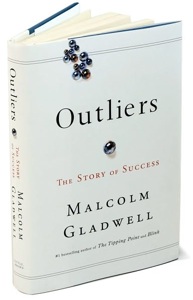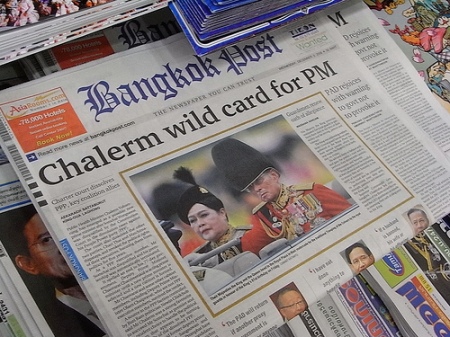Summer is here… and the school year is around the corner!
 Parents with young children are thinking about ways to entertain their little bundles of energy. Readers of this blog already know the importance of summer learning; kids who are not engaged during the summer fall behind academically. We also know that, while technology plays an important part in education today, unsupervised use of the computer at home negatively affects test scores at school.
Parents with young children are thinking about ways to entertain their little bundles of energy. Readers of this blog already know the importance of summer learning; kids who are not engaged during the summer fall behind academically. We also know that, while technology plays an important part in education today, unsupervised use of the computer at home negatively affects test scores at school.
The kids have to be engaged, but not on the computer (unless it’s supervised and timed), and we all know, the TV is out! What do parents do???
Here are some helpful suggestions from Kid Source Online
Make a HISTORY TIME LINE — Record history at home. Stretch a roll of shelf paper along the floor. Use a ruler to make a line about three feet long. (Use a separate sheet for each child.) Ask your children to fill in the important dates in their own lives, starting with their birth. Those familiar with U.S. history can fill in major dates since the founding of our country. Display these finished time lines in a special place for all to see.
Create PICTURE STORIES — Develop imagination and creativity. Have your children select four or five pictures from magazines and newspapers, and put them together to tell a story. Ask your children to number the pictures — 1,2,3, etc. First, ask them to tell the story with the pictures in numerical order. For variety, have your children rearrange the pictures and tell a new story using this different arrangement.
More ideas from Suite 101
- Plant a garden or start a compost – Learn about planning, measuring, botany and about the environment.
- Bake and cook together – Learn about fractions and nutrition.
- Build something out of wood (table, butterfly house or sculpture) – Teaches planning, designing, measuring and building.
- Child planned trip – Make a trip or outing educational by having the child plan the itinerary, budget and route.
- Make a scrapbook or journal of an outing (whether it is a day or week) – Teaches observation and record keeping in different mediums.
- Educational websites – Limit computer time, and encourage sites that engage the mind.



 Posted by findingschools
Posted by findingschools 


